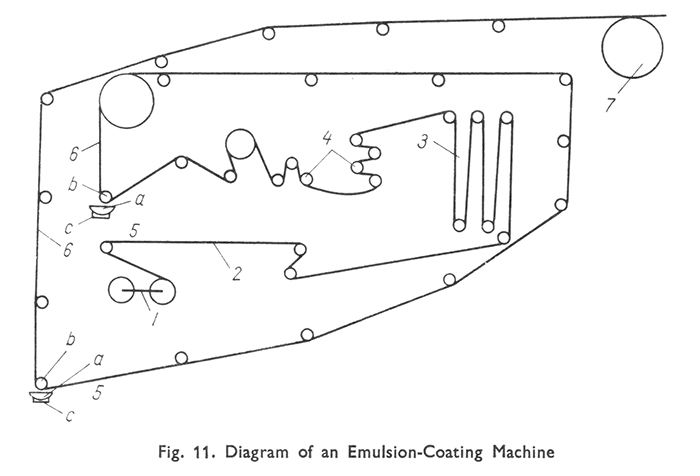 Preface
Preface
Workshops are the platform that afford us the opportunity to actively promote the open exchange of information. To make this as effective as possible, we often seek to conduct our workshops in a spirit of collaboration and experimentation with communities all over the world.
Workshop Development
Workshops, as mentioned above, are generally developed through a process of collaboration with an external community or organization. This process takes place across several stages, as illustrated below…
I. Workshop Proposals
Each year, members of Process Reversal develop proposals for workshops based on his/her own current area of interest, providing them with opportunity to share whatever topics, techniques, and technologies their most excited about at a given time. The content for these workshops can vary from organic chemistry to electrical engineering; photography to projection; direct animation to the operation of advance film laboratory equipment, and much more. Once these proposals have been developed, they’re made available on our website to give prospective host an impression of our current areas of interest. However, facilitators also understand that topics will vary depending on facilities, equipment, and the interest of the community, and thus these proposals are only considered as a departure point for the development of a one-off workshop that focuses on a topic of their choice.
II. Communication & Planning with Prospective Host
Our members are open to collaboration with all varieties of communities and institutes, even those without their own facilities. However, a great deal of communication must occur beforehand in order to synthesize details concerning dates, expenses and the content of the workshop. In this regard, our hope is to develop concrete plans for the workshop at least two months in advance, during which time the logistical needs of the workshop can be arranged by the host. To help in this process, the workshops facilitator will produce a detailed document outlining pertinent information for the workshop, including advertising materials, facility requirements and a budget detailing the projected expenses of the workshop…
Note on Expenses
As stated in our mission, we want to ensure that our workshops are financially accessible to both the host and to potential participants. However, there are some expenses which need to be covered by the host including (1) The material expenses for the workshop, including chemistry, film stock, and any other expendable cost. (2) The facilitators travel expenses and (3) A per diem to offset the basic cost of living for the facilitator (e.g. food). Additionally, workshop related expenses incurred by the facilitator (for example, if the instructor must make a last minute purchase of materials for the workshop) will also need to be covered.
Outside of these expenses, further compensation (e.g. an instructors fee) is of course appreciated, but is not directly dictated by the policies within our collective.
III. Advertisement
Advertisement of the workshop is the responsibility of the host group, but Process Reversal will also actively aid in this task by reaching out to the community through our website and our social media platforms. Additionally, facilitators are open to designing publicity materials for the workshop, if needed.
IV. Hosting
Accommodations should be provided by the host for the duration of the facilitator’s visit. This typically lasts between five to seven days: three days in advance of the workshop to ensure that everything is prepared, one or two days for the performance of the workshop, and another day or two to perform any necessary documentation and prepare for travelling. The manner of these accommodations should be discussed between the host group and the facilitator, but typically a billet is arranged to keep cost at a minimum.
V. The Workshop
Workshops are structured according to the vision of the facilitator. Generally speaking, however, workshops tend to prioritize hands on experience supplemented with a mixture of film screenings, discussions and lecturers. Additionally, facilitators will also produce a guide of resources for participants, detailing such things as literary & electronic resources, formulary, and notes about the processes described in the workshop.
VI. Documentation & Feedback
Following the workshop, we do our best to ensure that any materials produced are recorded and documented for all parties involved. This typically requires that a film scan be performed, which can either be arranged by the host or can be completed off-site by ourselves (for free). Turn around on this can vary depending on schedules, but we try and have film scans completed within a month. Following this, we make the documents available for download on our website.
Additionally, anonymous feedback forms are distributed to workshop participants so that we can better assess the strong and weak points of a workshop and hopefully improve it for future events.
VII. Invoicing
An Invoice is generated and posted to the host group. We generally expect payment within a two week period and accept payments by check, cash or PayPal.
Prospective Host?
If you’re interested in collaborating with our group to put together a workshop, or have any other questions relating to our workshops, feel free to contact us at programming@processreversal.org.

Workshop participants during the workshop Colorado: Tinting & Toning for Motion Picture Film. This workshop was performed in collaboration with no.w.here, London, UK.

